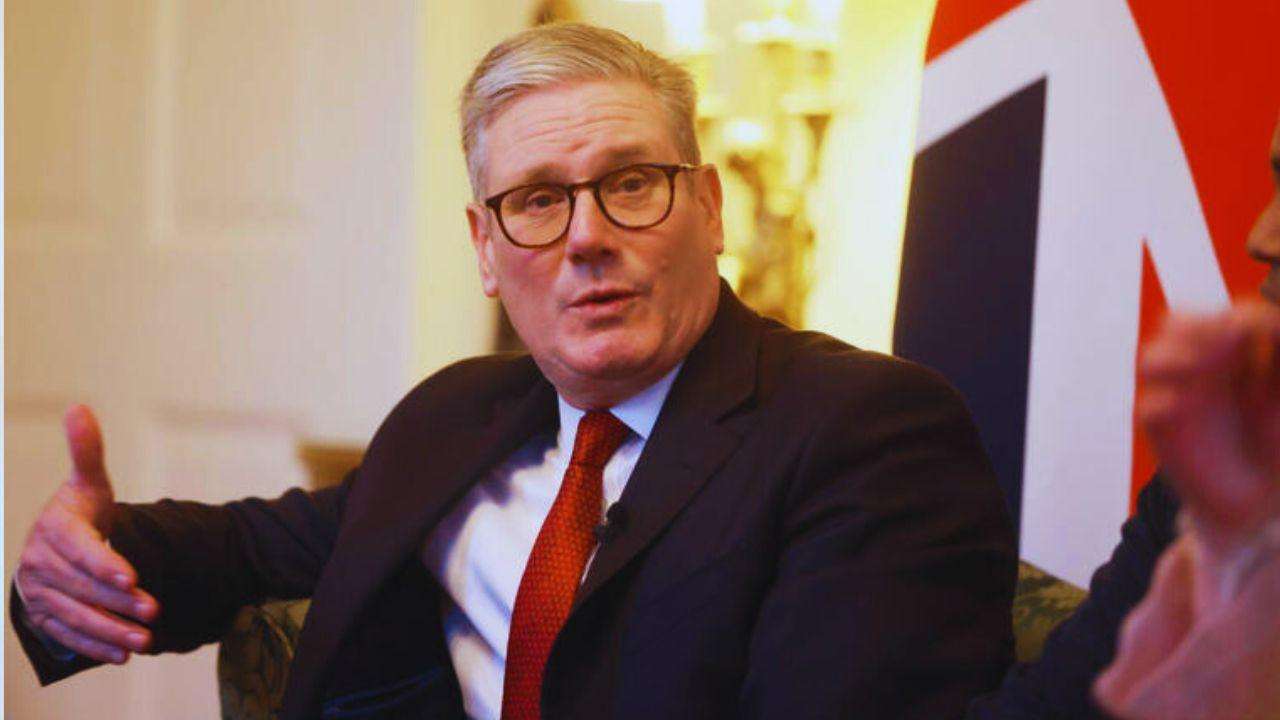A Labour minister's failure to pledge to the party's top economic growth objective ahead of Sir Keir Starmer's resetting of government goals on Thursday has raised concerns about the government's economic policy.
The building safety minister, Alex Norris, was asked repeatedly if the government intended to abandon Sir Keir's promise to make the UK the G7's fastest-growing economy, but he was unable to give a definitive response.
In Labour’s election manifesto, the party announced five key missions: to kickstart economic growth; make Britain a clean energy superpower; take back our streets; break down barriers to opportunity; and build an NHS fit for the future.
But asked by Times Radio whether the government plans to sideline its pledge to become the fastest growing economy in the G7 when the prime minister unveils his “plan for change” on Thursday, Mr Norris said: “I can’t comment on UK newspaper speculation. That’s not something I’d be privy to.”
Pressed further, he added: “No, I think you may have to wait to see what the prime minister himself says on Thursday.
“That’s not something I could say. Either way, I simply do not know the answer to that. But what we are very clear on, we’ve made commitments, we were elected on them, and we’re going to show to the public how we’re going to deliver on them. The precise form of that, I’m afraid you’ll have to wait for the prime minister.”
He accused the previous government of being “preoccupied with the short-term sugar hit of trying to get some positive headlines that day”, adding: “That kind of short-term sticking plaster approach has left public services in a mess, has left the economy in a mess. So we’re fixing that now.
“We are not going to act in that way. We’ve made clear principles at the election about what we want to see in this country. We’re going to work to deliver them over the length of the parliament.
“But we’re not going to be preoccupied by that day-to-day headline chasing because it doesn’t serve the British people.”
Further question marks over Labour’s economic policy were sparked after the Treasury appeared to row back on Rachel Reeves’ promise that the government is "not coming back with more borrowing or more taxes” - a pledge she made to the Confederation of British Businesses in November.
But just a week later, No 10 is now saying that “no tax rises on the same scale will be needed”, in what appears to be a significant backslide on the original pledge.
It comes after Ms Reeves delivered the highest level of tax increases ever announced in a Budget, with the Office for Budget Responsibility (OBR) suggesting that her measures would not boost economic growth.
The Budget also sparked accusations that the party had broken its manifesto pledge not to increase VAT, income tax or national insurance contributions (NICs) on working people, after it announced an increase to employers NICs.
Sir Keir’s “plan for change” is part of what he is calling the next phase of government after a turbulent start in No 10.
After five months which have seen the prime minister’s poll rating plummet, he is planning to set numerical targets for the economy, the NHS, public safety, energy security and social mobility against which the public can judge him and his government at the next general election, expected in 2029.
The milestones will run alongside public sector reform, Downing Street said, and will include a focus on reforming Whitehall, spearheaded by an as-yet-unannounced new chief civil servant and cabinet ministers, so it is geared towards the delivery of Labour’s missions.








.svg)


